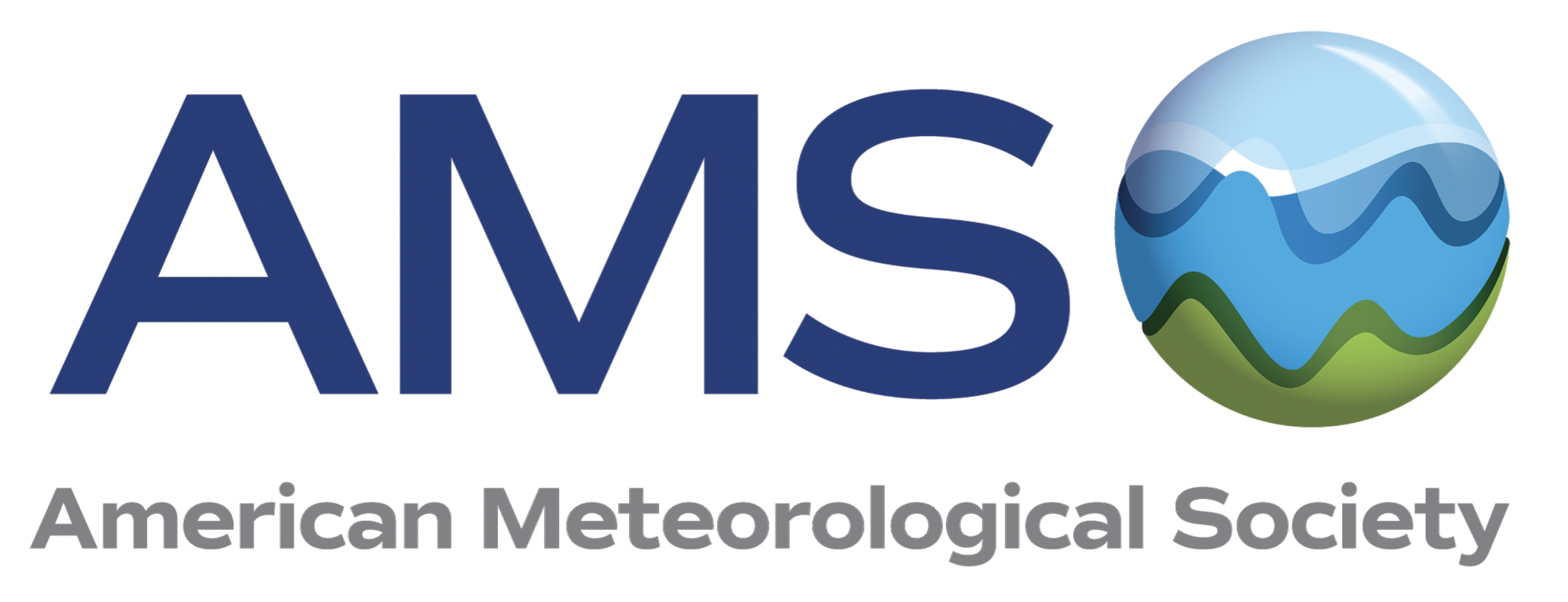Pathways to a Career in Meteorology
Fall
2024
Feature
Pathways to a Career in Meteorology
Molly McDonough, Graduate Student, Penn State, with Kendra Redmond, Editor, and the American Meteorological Society
Meteorology is the study of the atmosphere. The word is derived from the Greek word meteoron: something that happens high in the sky. Ancient Greeks observed the stars, sky, clouds, winds, and rain and attempted to understand where they come from and how they work together. This grew into our modern understanding of meteorology, which includes weather forecasting and now, studying climate change and its implications. The field impacts all parts of daily life, from your morning commute to the stability of the food supply.
You might think of a meteorologist as someone who talks about the weather during a news broadcast. You’d be correct, but the field is much broader than that! It includes all professionals who use science to observe, understand, forecast, and explain the Earth’s atmospheric phenomena and their impact, according to the American Meteorological Society (AMS). Meteorology includes aspects of atmospheric, oceanic, and hydrological sciences.
You can find meteorologists on TV, but you can also find them helping farmers optimize plant growth, designing weather-related instruments for air traffic control, writing forecasting programs, studying hailstones, participating in urban planning, and doing much more! They work for government agencies and the military, universities, and private companies.
Although some schools offer bachelor’s degrees in meteorology or atmospheric science, a degree in physics or astronomy can also be good preparation, especially if you've done research in a related area. And it’s not uncommon to get a physics bachelor's degree and then an advanced degree in meteorology or atmospheric science.
Wondering if meteorology would be a good career for you? AMS suggests considering these questions:
- Am I curious about the world around me and why it is the way it is?
- Would I like to work in a field that has many important applications in human affairs, such as warning others of hazardous weather or investigating the atmospheric forces that shape our weather and climate?
- Am I challenged by the idea of applying basic scientific principles to understand the behavior of the atmosphere?
- Am I intrigued by the concept of using math as a language to describe things that happen in the world around me?
- Would I like to work with supercomputers, satellites, and other sophisticated research tools?
If your interested is piqued, check out AMS’s resources for students, including many career profiles, at ametsoc.org.
The American Meteorological Society (AMS) is a global community of scientists, professionals, and enthusiasts who advance weather, water, and climate science and service. Learn about the AMS, its science, community, and opportunities at ametsoc.org/index.cfm/ams/education-careers.
SPS members are eligible for a free year in AMS when they register or renew. For details, visit spsnational.org/about/membership/free-ms-membership.

